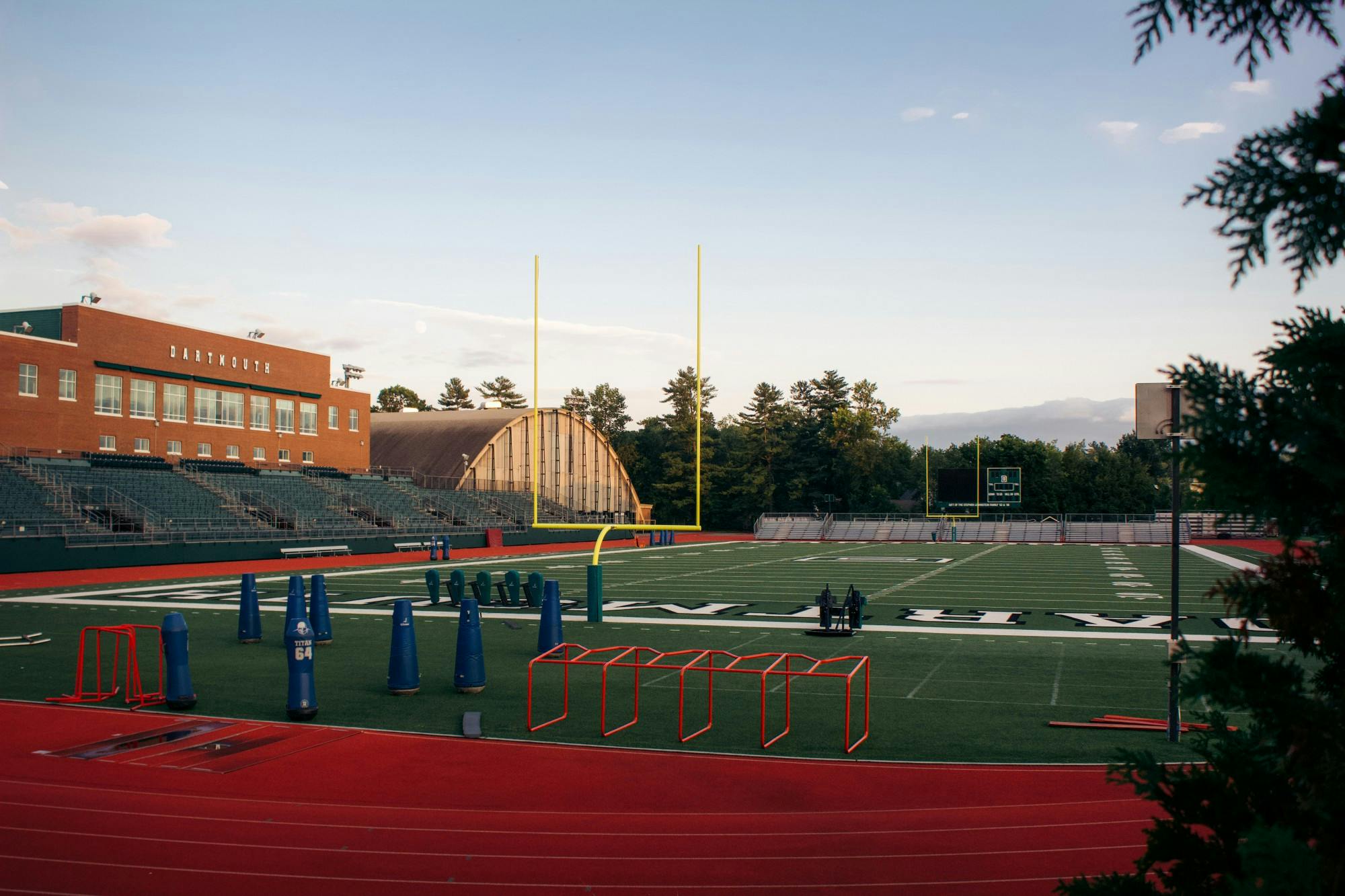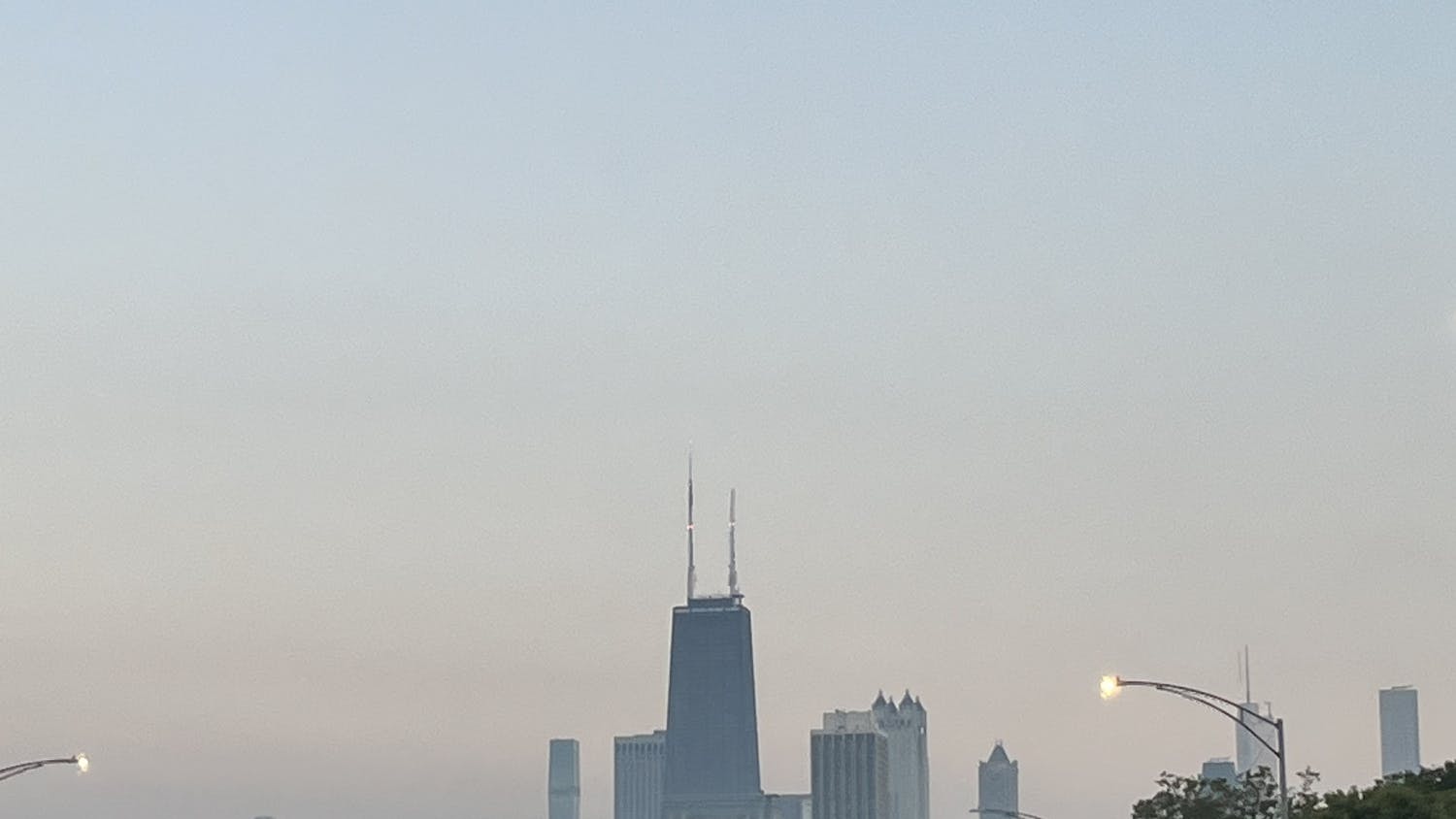A lawsuit against the College filed by a former Dartmouth student accused of sexual assault has been dismissed, according to a Thursday emailed statement from College spokesperson Diana Lawrence. The reason behind the dismissal was not immediately clear.
The plaintiff, a former varsity Dartmouth football player referred to in court documents as John Doe, was suspended in September of 2020 for two years after a Title IX Office hearing panel found him guilty of violating sexual assault provisions in Dartmouth’s sexual and gender-based misconduct policy.
In March 2021, Doe, who identifies as Black, filed a lawsuit in the U.S. District Court of New Hampshire accusing the College of racial discrimination and negligence in the handling of his Title IX investigation of the sexual assault allegation against him. The lawsuit sought to reverse his guilty verdict, lift the two-year suspension and force the College to award Doe an unspecified amount in damages.
In a court order filed on July 8, Doe alleged that Dartmouth violated Title IX of the Education Amendments of 1972 and the Title VI of the Civil Rights Act of 1964. Doe also claimed in the filing that the College “breached the student-college contract; breached the covenant of good faith and fair dealing; engaged in racial discrimination that violated his entitlement to equal rights under the law, 42 U.S.C. § 1981; and injured him through negligent acts or omissions.” The College moved to dismiss the claim — eventually succeeding, as of this week — though Doe objected to the motion.
Four weeks ago, federal judge Joseph DiClerico ruled that the case could move forward into the discovery stage, during which each side gathers evidence and submits it into the case record. The dismissal will overrule that.
An official statement from the College regarding the lawsuit was slated to be released July 22, but was never published. Vice president for communications Justin Anderson wrote in an emailed statement that the College’s lawyers planned to release a court filing, though the document had not yet been filed because the lawyers had asked for and received an extension from the court.
Lawrence wrote on Aug. 5 that “the lawsuit has been dismissed” but could not offer any further comment.
According to University of New Hampshire law professor John Greabe, without access to official court documents, it is not possible to know why the case was dismissed. Once the dismissal order is released to the public, the reasons for the dismissal will become more clear.
“If the case has been dismissed, that’s it — the case is over,” he said.
“It could have been dismissed because a settlement agreement was reached, or it could have been dismissed because the court reconsidered its earlier order and decided that the plaintiff had not pleaded enough for the case to go forward,” Greabe later wrote in an emailed statement. “Or perhaps the plaintiff simply decided to drop the case.”
According to Greabe, in order to claim racial discrimination, Doe would have either needed to find a case or cases where action was not taken against a white student in a similar situation or evidence that would suggest racial animus played a role in decision-making.
According to Doe’s filing, the panel that heard his case was made up of all-white members that “conducted a superficial and inadequate inquiry into the investigator’s bias and exhibited implicit bias of its own.” The case also cited recent pressure on the College — including increased scrutiny following the 2018 sexual misconduct scandal in the Department of Psychological and Brain Sciences — to tighten up its investigations of sexual assault, leading officials to, it suggests, believe complainant accounts over those of the accused.
Doe also claimed in the lawsuit that in the years since 2005, the College has taken disciplinary action against “at least eight other Black football players following Title IX proceedings,” whereas no Title IX investigations were brought against white players.
The College’s investigation into the sexual assault allegations against John Doe began in the winter of 2019, after a student filed a complaint with Title IX.
According to the lawsuit, Doe was accused of sexually assaulting a woman, referred to in the lawsuit as “Sally Smith,” during Winter Carnival weekend in February 2020.
According to the lawsuit, Doe, who was sober, walked Smith back to her room on the night of the incident after she had consumed a “significant volume of alcohol.” The two “began kissing and progressed to further sexual contact,” including “attempt[ing] intercourse” after Smith’s affirmative response to Doe’s proposition, but “no penetration occurred.” The next day, the lawsuit continues, Smith told Doe that she had not wanted to have sex with him that night and that she had not been sober enough to give consent.
Within days, Smith reported the incident to the College and the Hanover Police Department, though she decided not to pursue a police investigation against Doe. The Title IX investigation conducted by the College, according to the lawsuit, found that while Smith was not incapacitated, Doe had sexual intercourse with Smith without her “valid consent,” violating sexual assault provisions in Dartmouth’s policies on sexual and gender-based misconduct.




